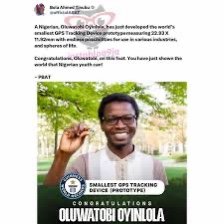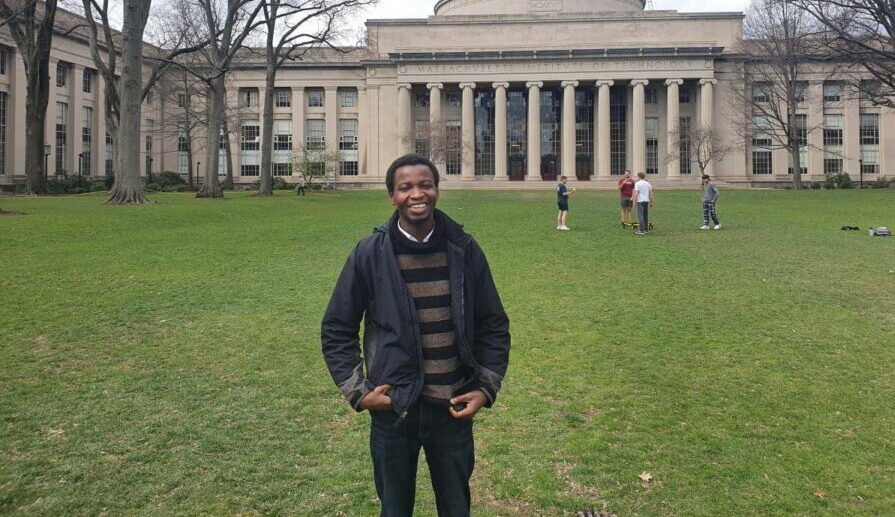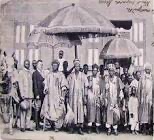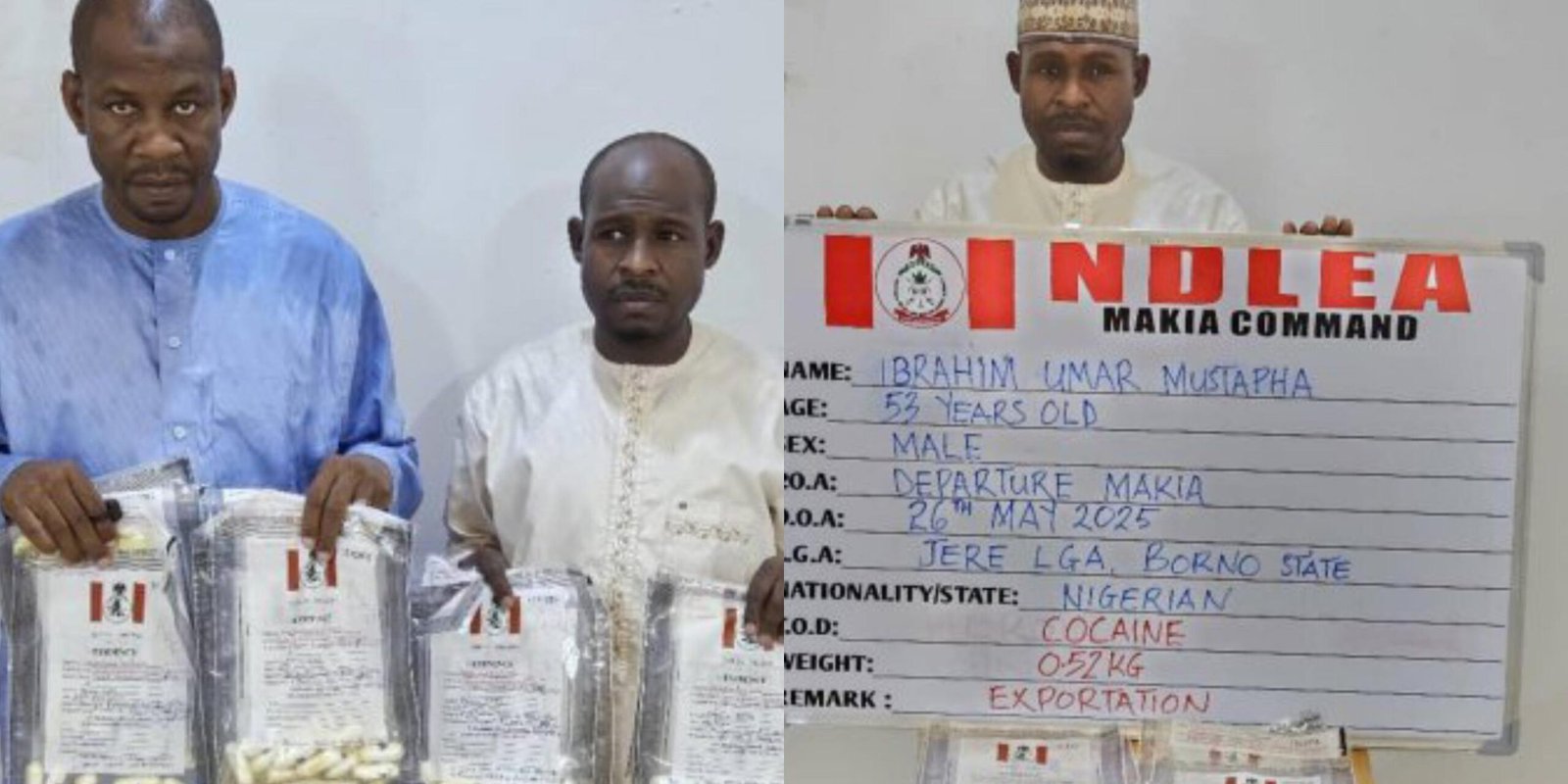In a remarkable breakthrough, Nigerian researcher and inventor, Oluwatobi “Tobi” Oyinlola, has developed the smallest GPS tracking device ever recorded, earning global recognition from the Guinness World Records. The prototype, measuring just 22.931 millimeters, was unveiled at the Massachusetts Institute of Technology (MIT), where Oyinlola is part of the Senseable City Lab team.
Originally from Ibadan, Nigeria, and born in 1992, Oyinlola’s journey into tech innovation began under humble circumstances. As a teenager, he taught himself to code using only a Nokia mobile phone, building websites and apps without access to a computer. He later studied at Tai Solarin University of Education and furthered his expertise at the University of Rwanda before advancing to MIT.
According to CNN international, Oyinlola has been involved in several forward thinking projects. Notably, he contributed to the City Scanner initiative, which uses mobile sensors to monitor urban environments. He also created SolarPocha, the first solar-powered IoT-enabled workstation, which was recognized as a finalist for the 2022 Africa Prize for Engineering Innovation. Furthermore, he has contributed to rLoop, a Hyperloop development group inspired by Elon Musk’s futuristic transportation idea.
This new GPS tracker represents a major turning point in tracking technology, with potential applications in personal safety, logistics, environmental research, and wildlife conservation. Its compact size could redefine how tracking systems are used in both urban and remote environments.
Following the announcement, Nigerian President Bola Ahmed Tinubu praised Oyinlola’s innovation, emphasizing the importance of homegrown talent and technology in shaping the country’s future. The President highlighted the researcher’s achievement as a model of ingenuity and perseverance.
Oyinlola’s story continues to inspire many across the continent, proving that with dedication, innovation can thrive against all odds. His work stands as a beacon for young Africans aspiring to solve real-world problems through science and technology.
Source: CNN




